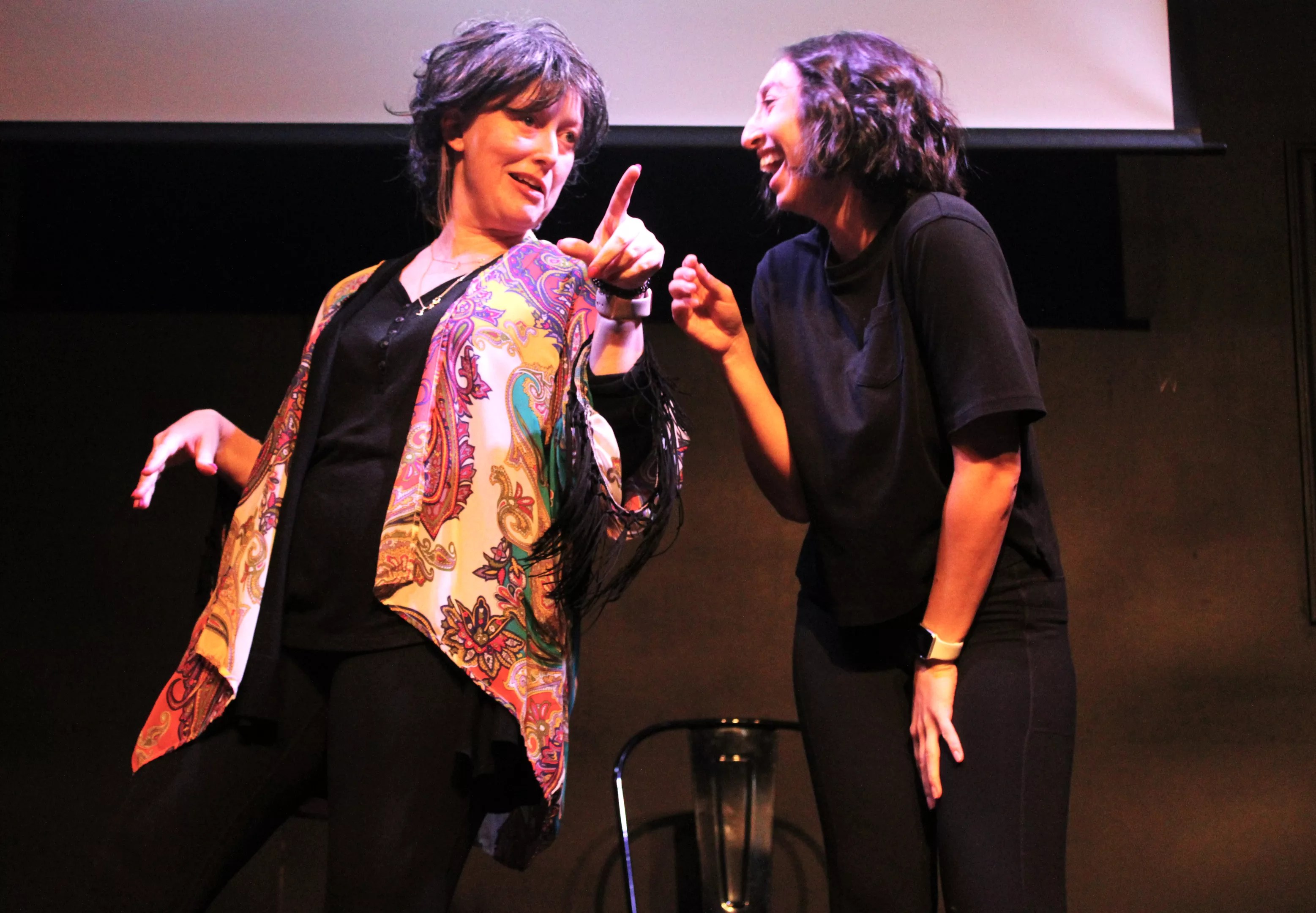
Lindsay Goldapp

Audio By Carbonatix
Female representation in movies may be gaining momentum, but its track record looks appalling even among some of the most enlightened and groundbreaking films.
One of the most popular and widely used ways to measure a film’s authentic representation of women is with something called The Bechdel Test, a standard adopted from cartoonist and writer Alison Bechdel’s long-running comic strip Dykes to Watch Out For.
The test consists of three criteria for films: It must have at least two women in it, the two women must exchange dialogue with each other and they must talk about something other than a man. There are some obvious classics that don’t pass the Bechdel’s muster, like Top Gun and Goodfellas. However, some surprising films are on the test’s fail list if you go back and watch them: Quentin Tarantino’s Jackie Brown, David Fincher’s adaptation of The Girl with the Dragon Tattoo, 500 Days of Summer and just about every one of the Star Wars movies from Episodes 1-6.
A new sketch show called Anything But Men that opens this Friday at Stomping Ground Comedy Theater uses the Bechdel Test to examine pop culture and the culture that created it.
“My initial thought was to take scenes from movies and change them around so they would pass the Bechdel test, but as we were writing, we broadened that out,'” says Kristal Milazzo, the sketch show’s director and writer. “It’s kind of easy fodder to write about and make comedy about it because it’s interesting how little things have changed in a lot of ways when it comes to that and how a lot of things don’t meet the Bechdel Test.”
The initial plans for the show came from an idea created by Stomping Ground producer Cheyenne Martin and called for simple rewrites and parodies of famous scenes in movies to meet the Bechdel standard. As they got into the writing, writer Roger Connelly, who works as the co-artistic director of the OKC Improv house in Oklahoma City, says the possibilities felt constricting.
“Three of my sketches are where I took some very bro-y movies like Top Gun or Goodfellas and thought what if they were all female characters?” Connelly says. “I thought that was a fun jumping-off point but after a while, you feel like you’re copying and pasting another movie and not writing as much. Kristal was the one who said, ‘Hey, feel free to branch out’ and we started to work on stuff beyond just parody.”
The final version of the scripts and show now stretch beyond simple parodies and include applications and themes inspired by the Bechdel Test to broader discussions about women in film and storytelling, non-cinematic situations and even a musical number from “a beloved and timely musical,” says writer Molly Jakkamsetti.
“In the process of writing my sketches, I happened to find a documentary on Netflix about women in film, This Changes Everything,” Jakkamsetti says. “While I was watching it, they mentioned the Bechdel Test and they mention how few films have two female characters talking about something other than a man. I have a new appreciation for more women in film across the board, not that I’m a big Hollywood player but seeking out more diverse films to watch is important too.”
The concept of the sketch show forced the writers to think about themes and issues that may never have come to them, Connelly says.
“The thing that was most surprising to me was how easy it would be to make a lot of movies pass the Bechdel Test,” Connelly says. “It wouldn’t require much at all, and I certainly think movies are much more inclusive now, but looking back at Top Gun, there’s two female characters and it would be easy for one to just say, ‘How do you handle the stress of being a fighter pilot?’ It doesn’t have to be shoehorned in. It’s just a shifting of perspective.”
The test has even sparked discussions about representation beyond films, giving the writers and performers another direction to take their sketches for the final shows.
“When you think about it in a song, it becomes even more interesting,” Milazzo says. “I don’t think it’s the strongest standard, but I think it’s good because when you boil it down and see some of the movies that don’t meet that, it’s like, wow.”
The test and the sketch show aren’t saying that movies that don’t meet the Bechdel Test are bad, just missed opportunities to broaden viewers’ perspectives and examine some unexplored themes and ideas.
“This is the bare minimum, folks,” Milazzo says. “Let’s try to elevate ourselves a bit.”
Anything But Men: A Sketch Comedy Revue About the Bechdel Test opens at 8 p.m. on Friday, March 25 at Stomping Ground Comedy Theater, at 1350 Manufacturing St., Suite 109 in Dallas. Additional performances are scheduled for 8 p.m. on Saturday, March 26, Friday, April 1, and Saturday, April 2. Visit StompingGroundComedy.org for tickets.